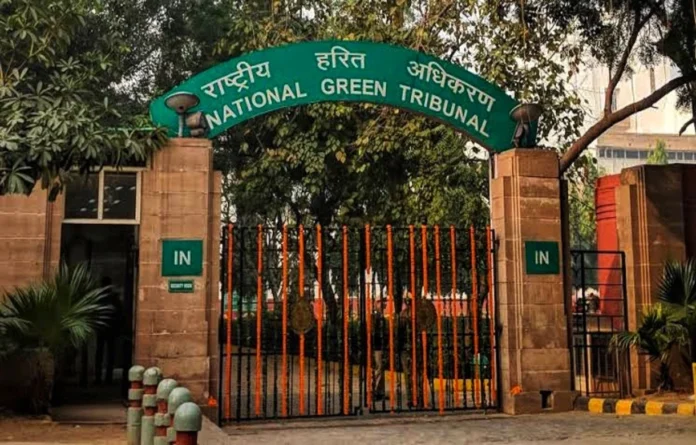The National Green Tribunal (NGT) has taken took suo motu cognizance of the 72% increase in the generation of electronic waste (e-waste) over the past five years, with the volume rising from 10.14 lakh tonnes in 2019-20 to 17.51 lakh tonnes in 2023-24 in India.
The petition is registered suo motu on the basis of the news item dated December 16, 2024. As per the news item, data underscores the rising challenge of managing discarded Electrical and Electronic Equipment (EEE), such as smartphones, computers, television sets, and refrigerators.
The report states the country has implemented the EWaste (Management) Rules, 2016, which categorize 21 types of EEE items and provide estimated lifespans for these products—ranging from 5 years for smartphones to 10 years for refrigerators. In response to the growing e-waste challenge, the Ministry of Environment, Forest, and Climate Change has also introduced the updated E-Waste (Management) Rules, 2022, which took effect on April 1, 2023.
The news item raises substantial issues relating to compliance of provisions of E-Waste (Management) Rules 2022 and the Environment Protection Act, 1986.
“Power of the Tribunal to take up the matter in suo-motu exercise of power has been recognized by the Hon’ble Supreme Court in the matter of “Municipal Corporation of Greater Mumbai vs. Ankita Sinha & Ors.” reported in 2021 SCC Online SC 897.”
Hence, the Bench of Justice Prakash Shrivastava, Chairperson, Justice Arun Kumar Tyagi, Judicial Member and Dr A Senthil Vel, Expert Member impleaded the following as respondents in the matter:
(1). Respondent no.1-Central Pollution Control Board (CPCB), through its Member Secretary.
(2). Respondent no.2-Ministry of Environment, Forest and Climate Change (MoEF&CC) through its Secretary
The tribunal has directed the respondents to file their responses/replies by way of affidavit before the tribunal at least one week before the next date of hearing, which is scheduled for February 10, 2025.


